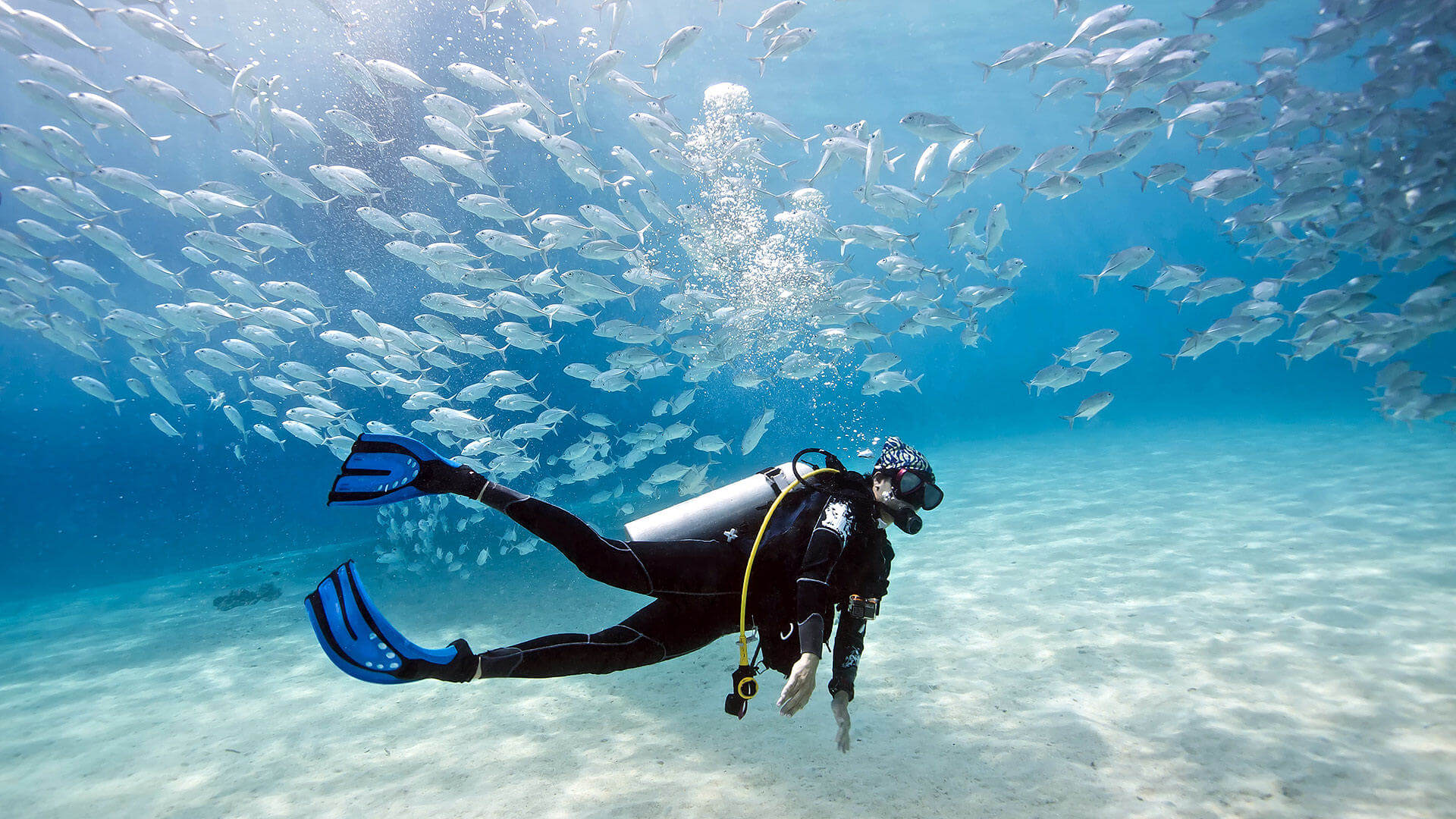Extra's
In this section we're going to write some little things about the diving reflex. It will maybe give you a 'that's someting I didn't know-moment'.
Pathophysiology
The diving reflex is an amazing mechanism for all mammals, but there could also be a connection with some death cases. This reflex is one of the most frequently considered reflex etiologies related to SIDS (sudden infant death syndrome). In Dutch this is called 'wiegendood'. Through the nervous system stimulation of the trigeminal nerve, the response is bradycardia, apnea and an increased vascular resistance. Multiple studies suggest that hyperreactivity of the diving reflex could be one of the main causes of SIDS, because of its ability to trigger bradycardia and apnoea. There is a hypothesis that an infant that is sleeping in the prone position could have their face, so the trigeminal nerve, stimulated by the bed and this can cause the diving reflex, which cause the infant to stop breathing and lead to SIDS (Godek, 2022).
Autonomic Conflict: When the Diving Reflex Does Not Save You
While you probably by now think that the diving reflex is seen as an overall protective response, it can also pose significant dangers. Particularly, in extreme conditions such as cold water immersion. Shattock and Tipton (2012) expand on 'Autonomic Conflict', which describes a simultaneous activation of both the sympathetic and parasympathetic nervous systems. This is most likely observable during breath holding, accompanied by quick submersion in cold water (<15°C). This not only results in the diving reflex, but also another response, mediated by the sympathetic system. The cold shock response is characterized by gasping, tachycardia, and a reduced breath holding time.
Tachycardia: an abnormally rapid heart rate (the opposite of bradycardia!)
Evidently, cold water immersion and its deaths have commonly been attributed to hypothermia (a drop in body temperature, from the normal ~37°C to <35°C) or drowning. However, medical reports have shown time and time again, that many deaths involve well swimmers and happen only a few metres away from a safe refuge (Tipton et al., 2017). It would most likely take far longer than 15 minutes for the deep tissue to cool for hypothermia to set in.
Therefore, remember that the effects of the cold-shock response may overshadow the beneficial purpose of the diving response when it comes to cold water!
Benefits of the diving reflex
Heartrate lowers. This reduces the oxygen requirement of the body, that spares oxygen that is needed for vital organs like the brains and the heart and less to the limbs.
Due to a combination of the lower heart rate and restricting blood flow to the limbs, the body burns less oxygen. This ensures that the time a person can survive underwater without air extends.
If you are drowning, the diving reflex tries to keep you alive without air as long a possible
It also keeps you warm. By vasocontriction in the limbs, the most heat stays in the core where it is most needed, which can slow down hypothermia and increase the chance of survival.

Further experiments
Fun facts
-Branko Petrovic, according to www.guinnessworldrecords.com, holds the current freediving static apnea WR for males with a staggering 11:54 minutes (since 2014)
-Stephane Mifsud held the previous record of 11:35 since 2009. (see https://aidainternational.org/WorldRecords)
-Schwerdtner Heike broke the static apnea WR in women earlier this year, namely with 09:07. (see https://aidainternational.org/WorldRecords)
